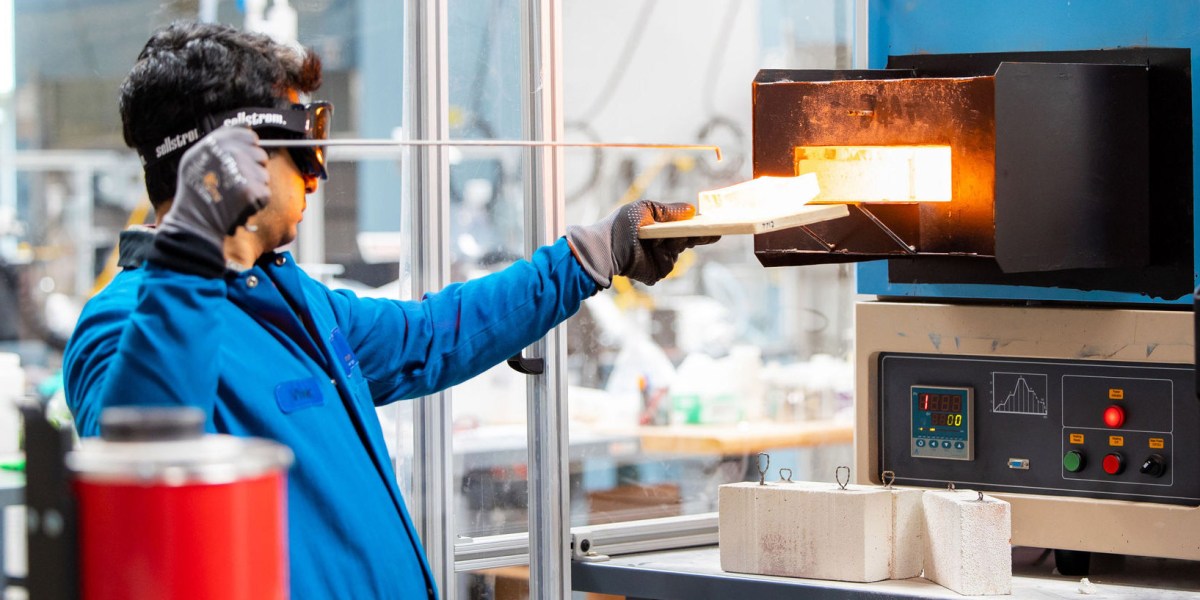Cement is one of our toughest challenges, as Brimstone CEO and 2024 innovator Cody Finke will tell you. I wrote about Brimstone and other efforts to reinvent cement earlier this year.

Another thing
We need a whole lot of metals to address climate change, from the copper in transmission lines to the nickel in lithium-ion batteries that power electric vehicles. Some researchers think plants might be able to help.
Roughly 750 species of plants are so-called hyperaccumulators, meaning they naturally soak up and tolerate relatively high concentrations of metal. A new program is funding research into how we might use this trait to help source nickel, and potentially other metals, in the future. Read the full story here.
Keeping up with climate
A hurricane that recently formed in the Gulf of Mexico is headed for Louisiana, ending an eerily quiet few weeks of the season. (Scientific American)
→ After forecasters predicted a particularly active season, the lull in hurricane activity was surprising. (New Scientist)
Rising sea levels are one of the symptoms of a changing climate, but nailing down exactly what “sea level” means is more complicated than you might think. We’ve gotten better at measuring sea level over the past few centuries, though. (New Yorker)
The US Department of Energy’s Loan Programs Office has nearly $400 million in lending authority. This year’s election could shift the focus of that office drastically, making it a bellwether of how the results could affect energy priorities. (Bloomberg)
What if fusion power ends up working, but it’s too expensive to play a significant role on the grid? Some modelers think the technology will remain expensive and could come too late to make a dent in emissions. (Heatmap)
Electric-vehicle sales are up overall, but some major automakers are backing away from goals on zero-emissions vehicles. Even though sales are increasing, uptake is slower than many thought it would be, contributing to the nervous energy in the industry. (Canary Media)
It’s a tough time to be in the business of next-generation batteries. The woes of three startups reveal that difficult times are here, likely for a while. (The Information)

